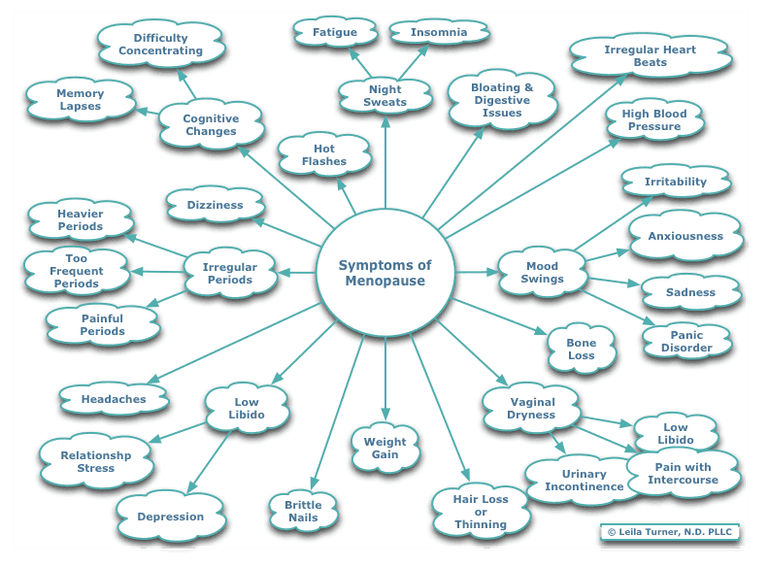
Menopausal disorder that develops in age when sexual hormone (male hormone, female hormone) decreases. Women develop in 10 years before and after menopause from 45 to 55 years old due to the sharp decline of estrogen, one of female hormones. Meanwhile, since there is no physiological change in female menopause, men tend to have a tendency to worsen even though they are suffering from various symptoms, "If you do your best you will do something", you go through and get over it.
The cause of men 's menopausal disorder is the decrease in the amount of "testosterone" produced, one of the male hormones explained last time. Among male hormones collectively called "androgens", testosterone is the most secreted and has the strongest action compared to androstenedione and dehydroepiandrosterone (DHEA).
Its production gradually declined with peaks in her twenties, and it decreased to half of its peak at around the age of 50. On average men develop menopausal disorders between 55 and 65 years of age. However, individual differences are intense, some people suffer from menopausal disorder, the amount of secreted testosterone sharply decreases even in the latter half of thirties. The cause is stress.
In men, 95% of testosterone is made of testicles (testicles), 5% by adrenal glands. It is a gonadotropin (gonadotropin) secreted from the endocrine organ called the anterior pituitary gland that controls the function of the testes. When the stress is strong, the amount of secreted conradotropin decreases, and accompanying it, the production amount of testosterone also decreases.
Men in their 40s and 50s increase their responsibilities at the company and at home, but stress increases, but stress tolerance decreases compared to young men. People who have worked as a balinese worker in the 20s and 30s also plus a strong age and a strong stress triggered, and many cases of young menopausal disorder develops in recent years.
Be aware of depression and mistaken symptoms
The menopausal disorder of the middle age male is medically called "aged male hypogonadism syndrome (LOH syndrome)". Since testosterone acts on various organ functions and involves vasodilatation, fat metabolism, bone / muscle growth, brain activity, and so on, testosterone secretion is reduced, so that hot flashes similar to female menopausal symptoms, Physical symptoms such as night sweat, tinnitus, frequent urination, muscle weakness, weight gain, decline in concentration and memory ability, mental / psychological symptoms such as insomnia, annoyance, depression, anxiety, sexual function · erectile dysfunction, decreased sexual desire etc. Sexual function related symptoms appear.
As stress triggers the onset, in the menopausal disorder of the 40 to 50 years, there are many cases where mental and psychological symptoms are strong and often resembles symptoms of depression, many people visit psychosomatic medicine or psychiatry It seems. Some antidepressants administered as therapeutic agents have the action of increasing hormone secretion called prolactin that suppresses testosterone, so care must be taken because there is a risk of depression symptoms worsening.
Even men who did not experience menopausal impairment in their 40s and 50s, they will suffer from the symptoms caused by testosterone lowering in their 60s. Even if it says "LOH syndrome" in a bite, the symptoms vary with age.
Therefore, those with physical symptoms such as poor physical condition such as fatigue feeling, muscle weakness, pain such as shoulder, waist, back, etc. appear more strongly than mental and psychological symptoms at 60 to 80 years old, "Age-old disorder" is defined as "progressive age disorder" and "age-old disorder", those that are 80 years of age or older, "Locomotive syndrome (exerciser syndrome)" which makes walking and standing sitting difficult, etc. and weak syndrome due to reduced immunity are also advanced I think that it should be divided and considered. The maturity disorder and senile stage disorder not only simply decrease the testosterone value but also the cell disorder due to aging, so symptoms and treatment become very complicated.
"Early morning" is a barometer of vascular health
There is the disappearance of "Early morning erection (rising in the morning)" as an important sign of decreasing the amount of testosterone secretion. We alternate "non-REM sleep" and "REM sleep" alternately, but in the REM sleep period the penis repeats the erection. I call the erection that I awake at the timing of this REM sleep is called "erection".
"Erecture at night sleep" can be said to be a "physiological phenomenon" of a male's brain, seen from the time the boy is in the womb, regardless of sexual excitement. Erection time during sleep is almost correlated with testosterone value (numerical value showing testosterone secretion amount), and in twenties it is half of the total sleeping time, in the 50s and 50s, even in quarters and 60s health If it is 1/5 is happening.
Early morning will also tell you the risk of vascular injury. Erection occurs when NO (nitric oxide) that loosens the muscles of the penis acts and blood vessels spread, blood flows into the sponge "spongiosa". It is testosterone that works to make this NO. The artery of the penis is the thinnest in the human body, the artery is 1 to 2 mm in diameter. The heart is 3-4 mm and the brain is 5-7 mm. Arteriosclerosis arises from thin blood vessels. Therefore, there are reports that men with erectile dysfunction have a high probability of developing heart disease (coronary artery disease) and cerebral infarction disease in the future.
Nice research. Hope it goes viral.